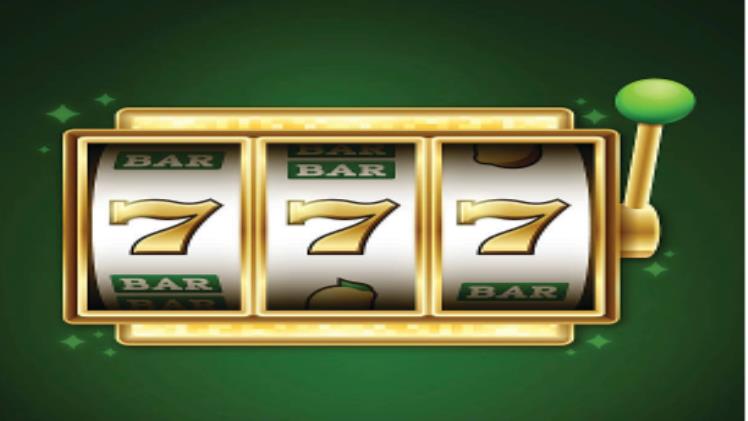Slot Psychology: The Science Behind Why You Choose the Games You Play

When you step into the vibrant world of slot machines, whether in a physical casino or on a digital platform, a myriad of choices awaits you. From classic fruit machines to themed video slots, the variety is vast. But have you ever wondered what drives your choices? The selection process is not as random as it seems; it’s deeply rooted in psychological principles. Understanding the science behind why players choose specific slot games can offer fascinating insights into human behavior and the clever mechanics of game design.
The Appeal of Slot Machines
Slot machines are designed to captivate. From the sounds and lights to the imagery and themes, every element is carefully crafted to appeal to the senses and emotions. But the appeal goes deeper into our cognitive functions and psychological needs.
Visual and Audio Stimuli
Visual and audio elements play crucial roles in game selection. Bright colors and flashing lights can attract players, simulating feelings of excitement and happiness. Similarly, the sound of coins dropping and music can create an auditory reward system. These sensory experiences are designed to enhance the entertainment value and keep players engaged for longer periods.
Themes and Familiarity
Slot games often incorporate a variety of themes—ranging from sports and movies to fantasy and adventure. These themes are not chosen at random. They are strategically selected to resonate with certain demographics or interests. Players are naturally drawn to games that reflect their hobbies or feature their favorite cultural icons. This familiarity creates a comfort zone, making the game more engaging and enjoyable.
The Role of Cognitive Biases
Cognitive biases significantly influence decision-making processes, including the selection of slot games. These biases are psychological tendencies that cause humans to deviate from rationality in judgment.
The Near-Miss Effect
One of the most compelling cognitive biases in slot psychology is the near-miss effect. When players come close to winning, such as two out of three symbols aligning, it triggers a sense of almost having won and encourages further play. This effect exploits the player’s belief that a win is “due,” increasing their commitment to continue playing the same game.
Illusion of Control
The illusion of control is another psychological nuance exploited by slot machines. Features like choosing the number of lines to play or pressing a button to stop the reels give players a sense of influence over the game’s outcome. Although the outcomes are entirely random, this perceived control can significantly affect game choice, with players preferring games that offer more interactive elements.
Rewards and Reinforcements
Slot games are adept at using reward schedules to maintain player interest. The types of rewards and how they are distributed can influence game choice and player loyalty.
Random Ratio Reinforcement
Slot machines operate on a random ratio reinforcement schedule, which is a system where actions are rewarded at random intervals. This unpredictability fosters a high level of engagement. Players never know when the next reward will come, which can make the game more thrilling and difficult to walk away from.
Progressive Jackpots
Games that feature progressive jackpots are particularly attractive. The potential for a life-changing win can persuade players to choose one game over another. The visual indicator of the jackpot size can act as a strong motivator, drawing players who are chasing big wins.
Psychological Profiling and Game Design
Casino operators and game designers often use psychological profiling to tailor their offerings. By understanding player behaviors and preferences, they can create games that specifically target certain psychological profiles.
Personalization and Player Tracking
In physical casinos, sbobet slot machines can be programmed to track player behavior, allowing operators to offer personalized experiences. Online, this tracking is even more detailed, with algorithms that adjust game recommendations based on a user’s playing history and preferences.
The Impact of Volatility
The volatility of a game—how often and how much it pays out—can also affect choices. Some players prefer games with smaller, more frequent wins, which provide a constant stream of positive feedback. Others are drawn to high-volatility games that offer larger payouts less frequently, appealing to those who are more risk-tolerant.
Conclusion
The science behind why you choose certain slot games over others is a complex interplay of psychology, game design, and technology. By understanding these elements, players can make more informed choices about their gaming habits. Meanwhile, developers can continue to refine their designs to cater to diverse audiences, ensuring a satisfying and engaging experience for all. Whether you are a casual player or a seasoned gambler, recognizing these psychological underpinnings can add an extra layer of intrigue to your next gaming session. This insight not only makes the game more interesting but also empowers players with knowledge about the subtle influences that shape their gaming experiences.



